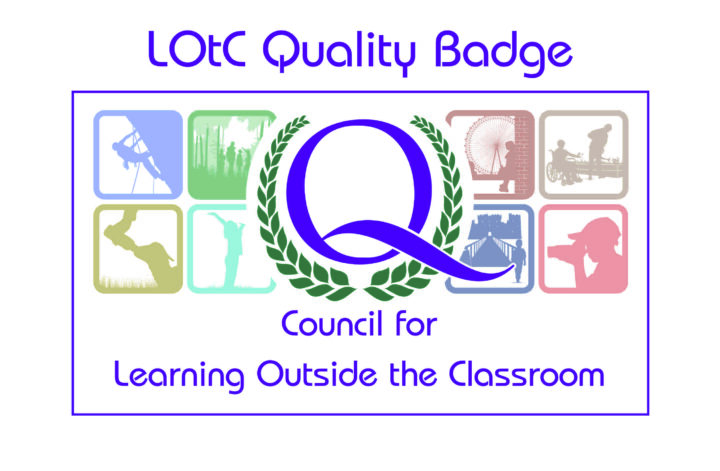
You can now download The National Archives Education Service’s Resource and Workshop catalogues free of charge. Simply click on the links below:
Primary catalogue (PDF, 1MB) | Secondary catalogue (PDF, 1MB)
Sessions we teach
Our taught sessions for schools are offered free of charge. They are very popular and need to be booked in advance.
Our sessions are delivered by a team of education officers and costumed interpreters, and can be run in two ways:
- on site workshops at The National Archives, Kew
- online workshops in your classroom through a single screen
Our taught sessions are designed by qualified teachers to complement the National Curriculum for History or relevant exam specifications syllabi. They are delivered by teachers or, in some cases, by costumed interpreters.

Our programme caters for students from key stages 1-5, SEN students and undergraduate groups. We also offer CPD for history teachers. Find out what type of session would suit your group best:
Workshops
All workshops take place in our Education Rooms at The National Archives in Kew; pupil-friendly, welcoming, purpose-built classrooms, equipped with a SMARTboard, iPads, audiovisual equipment and an induction loop. Using documents from the collection, our enquiry-based sessions aim to deepen students’ understanding of evidence and develop their skills of analysis. Our SEN programme is designed specifically for pupils with severe learning difficulties and profound and multiple learning disabilities, and use multi-sensory and interactive activities to engage students. We also run actor-led workshops.
We accommodate group sizes of between 8-35 students. All groups must be accompanied by at least 2 adults.
Find out about visiting The National Archives.
Select a workshop.
Online Workshop
Too far to Kew? Join us for a live online workshop and we’ll come to you! Our sessions are free, fun and interactive. Students can explore high quality digital images of original documents with the guidance of an Education Officer. They will make their own interpretations about the past using evidence and investigate a historical enquiry.
We carry out our online taught sessions using Zoom.
How do online workshops work?
Your class will connect with us through one computer linked to a large whiteboard at the front of the classroom. You only need a microphone, webcam and whiteboard screen to take part.
In advance of a session (normally the week before) a member of the Education Team will carry out a test link connection with you, to ensure that everything runs smoothly on the day!
All of our Zoom sessions are password-protected and we will send you a secure link to access the online lesson and to share with your students. This restricts the session to authorised attendees only.
Select an online workshop.
Classroom resources
The National Archives produces a range of online resources for you to use in the classroom. All of our resources follow an enquiry-based approach and use records from our collections at The National Archives. These include lessons, which you can print out or present on a whiteboard. We have now introduced some SEND resources for the history classroom which we hope to add to in time. We have added a series of document based History Hook video starters to some of our lessons.
We offer themed document collections based on different topics or time periods. Each collection is introduced by a historian of the period and contains teachers’ notes with suggested ways on how to use them in the classroom. You can download all documents and transcripts which are copyright-free for use in the classroom.
Our online resources can be used across the curriculum where appropriate. Some can support PSHE topics or aspects of the English curriculum, and TEFL courses. The sources themselves could offer a wonderful opportunity to inspire creative expression within the Art curriculum.
Finally, we have a student section on the website to help students work with primary sources and there is a guide on how to carry out independent research at The National Archives.